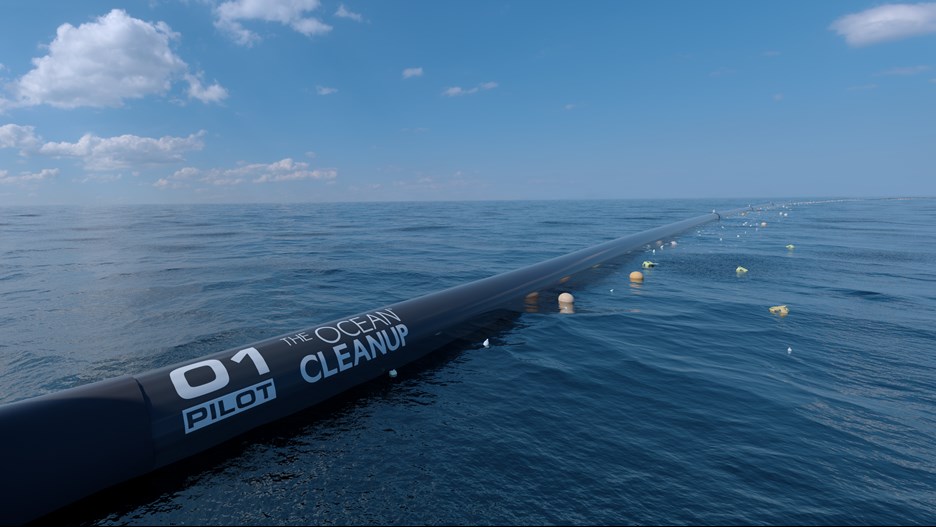
Jan Frumau, Managing Director at Seatools, is very pleased with the contract. “Besides the fact that we thoroughly support this meaningful initiative, the project is compelling from a technological viewpoint as well. It requires a unique combination of technologies and capabilities. We will be able to make a valuable contribution to the project thanks to our extensive background in the development of measurement systems located in the splash zone, combined with our capabilities in monitoring, controls, and software engineering. It will be inspiring to work with such an ambitious team as The Ocean Cleanup.”
The remote monitoring system is of critical importance during the upcoming sea trials of the first operational system, which consists of a 600-meters long drifting barrier. The main purpose of the trials, which will take place in the Pacific (200+ nautical miles off the coast of San Francisco), is to gain detailed information about the behavior of The Ocean Cleanup’s system under real off-shore conditions, and validate the extensive computer models the group has been using in their designs. Next to disseminating essential data about the system’s base position and general conditions, its behavior will be monitored under all environmental circumstances. In addition, data will be collected that enables the remote offshore monitoring system to asses in real time how efficiently the barrier catches plastic. Based on the results of the trial, the system will be optimized for the scale up to the full cleanup phase in 2019-‘21.
One of the most pressing design criteria for the monitoring system is that it must be able to operate completely autonomously. During the first year of operation, the system will be constantly monitored, but for future deployment, there will be no ability to access the floating systems for maintenance or retrieve the measurement data while they are in operation. This will not only pose a challenge from a mechanical point of view – the system will be exposed to harsh, open-ocean conditions – but also requires a solution for the absence of external power sources. Seatools will perform a thorough analysis on the required solar power configuration, including a study on the expected solar yield. In addition, a smart power system will be developed to activate and de-activate specific functionalities depending on the available power. This will ensure that critical functionalities, including those relating to navigation, will remain active under all circumstances.